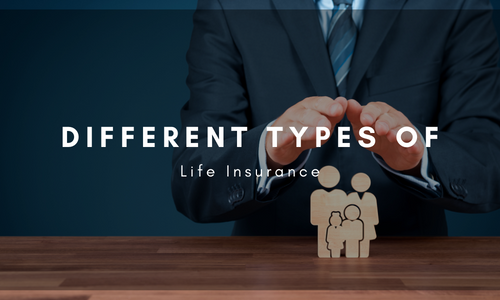Different types of life insurance explained
You may already have or are interested in life insurance because it can provide significant financial protection for you and your family. To get the best coverage that suits your needs and lifestyle, it is essential to be familiar with the four most common types of life insurance available:
- Term life insurance
- Permanent life insurance
- Participating life insurance
- Universal life insurance
1) Term life insurance
Term life insurance provides coverage for a specific period, such as five, ten, or even fifteen or twenty years. Once that term is up, you can choose to renew your policy – but your premiums may go up.
If you die while your term life insurance policy is in effect, your beneficiaries will receive a tax-free death benefit equal to the amount of coverage you selected. Your beneficiaries can then use that benefit to pay for whatever they choose, such as debts, a mortgage, tuition, and everyday living expenses.
2) Permanent life insurance
With permanent life insurance, you will have coverage for your whole life. In addition, the cost of insurance can be structured so that the cost does not increase as you age, even if your health worsens. However, the level cost for life means that permanent life insurance may be more expensive than term insurance premiums in the early years but potentially less costly than term insurance premiums as you age.
As with term life insurance, your beneficiaries will be entitled to a tax-free death benefit after you die. Permanent life insurance also offers a cash value feature. You can use this cash value as collateral for a loan or withdraw the value – but this will reduce your death benefit.
3) Participating life insurance
Participating life insurance is a type of permanent life insurance – which offers the added bonus of letting you earn dividends. With these earned dividends, you can either reinvest them to help reduce the cost of your premiums or withdraw them as cash.
As with all life insurance policies, upon your death, your beneficiaries will receive a tax-free death benefit to spend as they deem fit.
4) Universal life insurance
Universal life insurance is also another form of permanent life insurance. Along with a tax-free death benefit, Universal Life also lets you invest extra money (if you choose) that can grow in a tax-advantaged account! With universal life insurance, you can provide for your beneficiaries upon death while saving extra cash for yourself or your business.
We can help!
If you are unsure what kind of life insurance is best for you, give us a call today! We can answer any questions about these different kinds of life insurance and what features and benefits are best for you.

